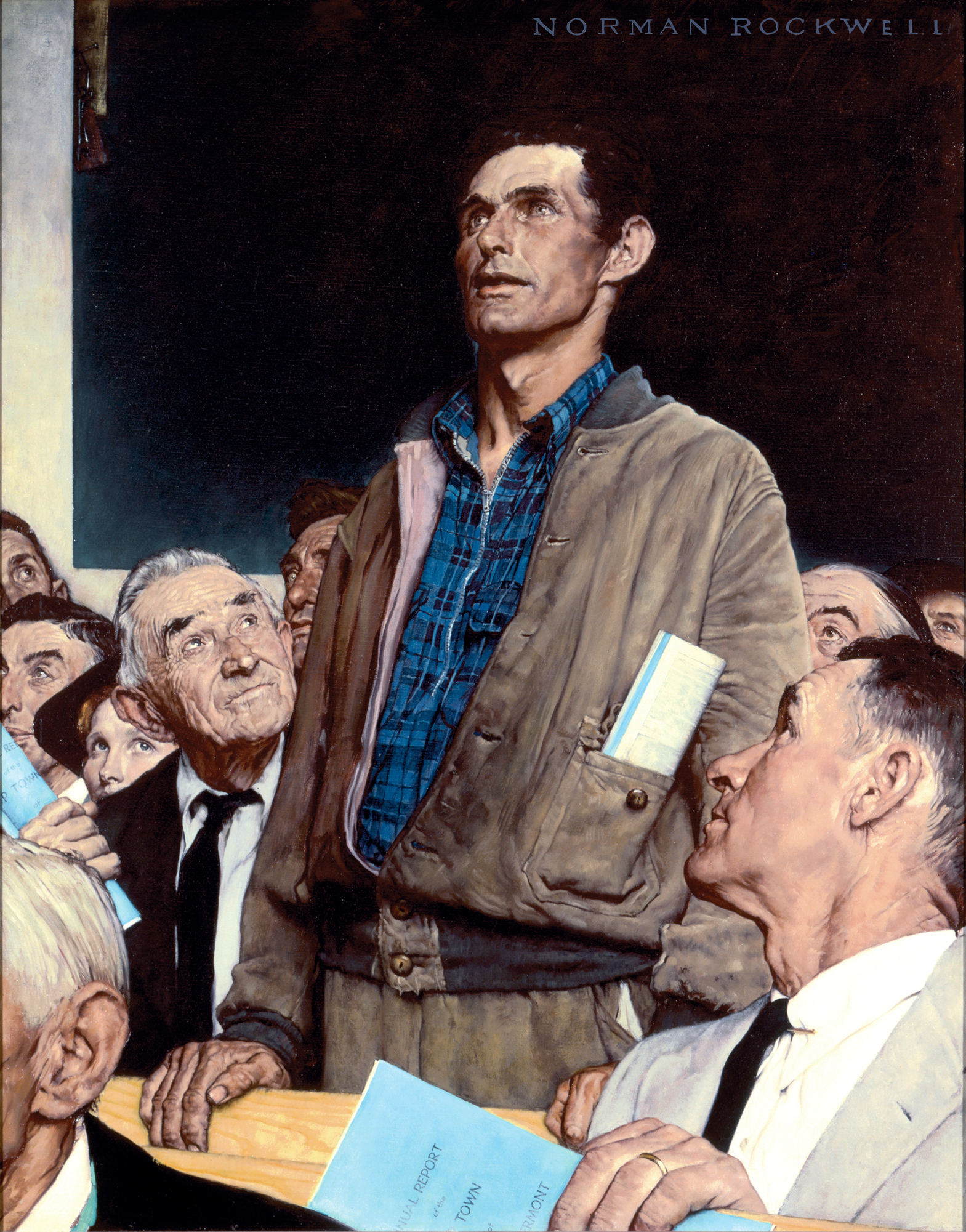Have Iowans liked state constitutional conventions? Opponents of the Nov. 3 referendum would like you to think conventions are as obsolete and unpopular as the flintlock blunderbuss.
But Iowans have arguably called six state constitutional conventions: three unambiguously in 1844, 1856, and 1920; and three ambiguously in 1846, 1900 and 1933 — depending on how terms such as “Iowans,” “legitimate recount,” and “state constitutional convention” are defined. But convention opponents and press accounts routinely present facts suggesting that conventions were only popular in Iowa’s primordial past.
The unstated implication of these historical “facts” is that we needn’t bother having a contemporary discussion about the merits of calling a state constitutional convention because past generations of Iowans have already had that discussion and decided against one. This has become a dog whistle — echoed in the press — to the uninformed.
Consider Iowans’ six convention calls since 1844:
In 1844, 1856, and 1920, Iowans called state constitutional conventions by an unambiguous majority vote.
In 1846, the Legislature, claiming to represent “Iowans,” called what would become the statehood convention — but without bothering to first ask Iowans if they wanted to call one.
In 1900, Iowa’s counties certified an election win for the convention referendum, but Iowa’s state canvassing board, dominated by convention opponents, conducted a recount and, weeks later, suddenly announced they had found a thousand more no votes, which allowed them to defeat the proposition. The canvassing board made no serious attempt to find more yes votes.
In 1920, Iowans unambiguously approved a convention call, but the Legislature, disproportionally controlled by rural interests and worried that a convention might reapportion the Legislature based on the one-person, one-vote principle, was adamantly opposed. The House and Senate blamed each other for not fulfilling their constitutional duty to pass a mutually satisfactory enabling act to convene the called convention.
In 1933, Congress was worried that if it let the Iowa Legislature vote on the 21st Amendment to repeal prohibition the amendment might fail because Iowa’s Legislature was controlled by rural interests who tended to favor prohibition. Thus, they bypassed Iowa’s Legislature by calling an Iowa state constitutional convention, elected based on one-person, one-vote, to ratify the 21st Amendment, which Iowans did.
Today, Iowan advocates for state constitutional conventions are so discouraged they don’t even try. It’s like potential advocates for democracy in Russia, Turkey, and Venezuela, who are constantly reminded by those in power that any effort at meaningful democratic reform is doomed to failure, so don’t even try. Locally, IowaConCon2020, an abortive effort to use the convention process to create an initiative process in Iowa like 26 other states already have, illustrated this defeatist mindset this election cycle.
Iowa’s Framers gave the people the decennial state constitutional convention referendum to serve as a legislative bypass mechanism. Ever since, incumbent legislators and the special interests who excel at influencing them have opposed the convention process. It’s time for Iowa’s press to discuss the comparative merits of a convention and shut out the dog whistling.
Today, mistrust of government has reached similar heights to that during the Progressive Era a century ago. Today, like then, most Iowans believe their government desperately needs a constitutional tune-up. So today’s apparent indifference to having a thoughtful discussion about what such a tune-up might mean is remarkable. Is change needed at a constitutional level? If so, should Iowa’s Legislature be entrusted to propose the needed amendments on its own? Or, as Iowa’s Framers argued, might a constitutional convention be necessary to bypass the Legislature? Instead of discussing the popularity of recent convention referendums, this is the conversation Iowa needs to have.
#
Source: Snider, J.H., It’s time to talk about a constitutional convention, The Globe Gazette, November 1, 2020.

